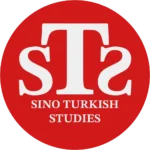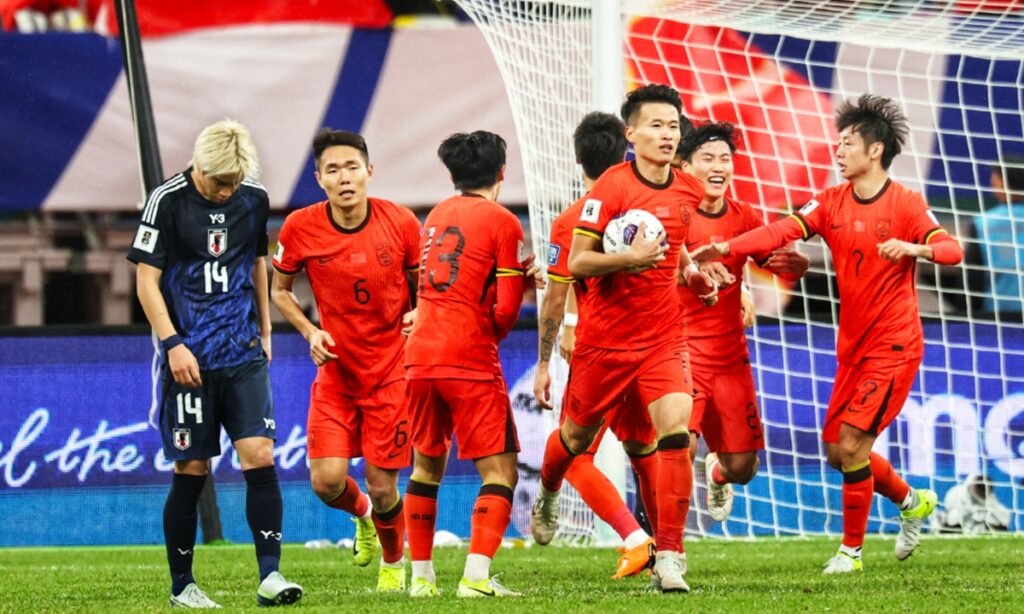In recent years, Chinese football, often associated with economic crises, has accelerated its reform efforts. Song Kai, President of the Chinese Football Association, announced the approval for the establishment of the China Professional Football League Union, an independent organization to manage the country’s professional leagues. This means that the operation of the professional leagues will be handed over to the union, which is scheduled to be set up by the end of this month.
President Song stated that the creation of this independent organization represents a significant leap in the reform to separate the governance of Chinese football from the operations of the leagues. Academics believe this decision will be a crucial step for China to align with the development of international football and will promote transparency, efficiency, and overall development in China’s professional football ecosystem.
The new independent entity will primarily be responsible for organizing competitions and commercial operations across three levels for China’s professional leagues. Going forward, the Chinese Football Association will no longer participate in league management but will focus on national team development, youth training, and community football.
NATIONAL TEAMS
Meanwhile, the Chinese Men’s National Football Team has gathered for winter training in Hainan province in southern China, starting their preparations for the remaining 2026 World Cup qualifiers. While the Men’s A Team is preparing for the World Cup qualifiers, the youth teams are aiming for continental success.
The local Chinese Super League season has a break from November until the end of February. In March, two matches for the World Cup qualifiers are scheduled. The January training camp is seen as an important opportunity for players to address weaknesses and improve tactical coordination, such as set-piece strategies, after their inconsistent performances in 2024.
Currently, China is in last place in its six-team qualifying group but is just one point behind second-place Australia. China will play Saudi Arabia away on March 20, followed by a home match against Australia on March 25.
After consecutive victories against Indonesia and Bahrain in the qualifiers, commentators highlight that playing more international matches this year will be crucial for raising the national team’s competitiveness. The team includes players like Hou Yongyong, who plays in the Norwegian league, and forward Wu Shaocong, who plays in the Polish league.
The year 2025 will be quieter for the Chinese Women’s National Team, with only the EAFF Women’s East Asia Cup matches scheduled.
EYES ON THE YOUTH WORLD CUP
The U20 Men’s National Team is preparing to host the AFC U20 Asian Cup in Shenzhen, southern China, in February. The team aims to qualify for the FIFA U20 World Cup this year and reach the top four.
The U20 team, under head coach Dejan Durdevic, who has a proven track record in developing young talent, is working intensively. Two key players from the team are from the Xinjiang region: wing player Afrden Asker, known for his speed and agility in counter-attacks, and playmaker Mutellip Iminqari, who controls the team’s tempo.
The U17 national team is also preparing for the AFC U17 Asian Cup in Saudi Arabia in April. If they make it to the top eight, they will qualify for the FIFA U17 World Cup for the first time.
UNITED YOUTH CALENDAR
One of the most significant local changes this year is the introduction of a unified national calendar for youth competitions, covering age groups from 13 to 18 for boys and from 14 to 18 for girls. Officials aim to organize tournaments more effectively, optimize resources like venues and referees, and provide stable, high-quality development opportunities for young players with the new system.
Source: This article is retrieved from the Aydinlik newspaper
Abroad Africa AI Beijing Belt & Road BLCU BRICS Chatgpt China chinese CSC Culture Deepseek Economy education Europe Kültür Langauge Multipolarity Russia scholarship science Shanghai Sino Sino Turkish Sino Turkish Sino Turkish Sino Turkish Sino Turkish Studies Sino Turkish Studies Sino Turkish Studies Sino Turkish Studies Syria Taiwan trump Turkey Turkiye Türkiye University USA Vatan Party Xinjiang Zhejiang ZJUT Çin





